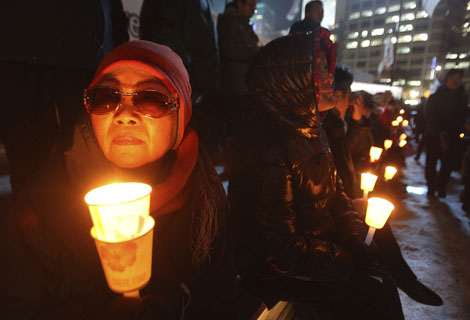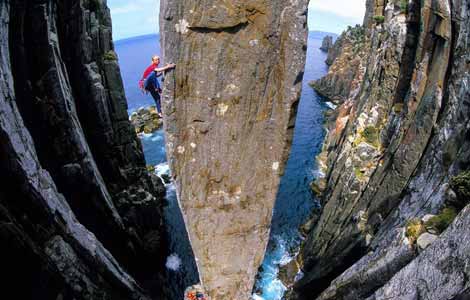

SEOUL -- South Korea decided to set up the standing committee and secretariat of its National Security Council (NSC) to regularize security meetings amid what it deemed rising threats from the Democratic People's Republic of Korea ( DPRK), top presidential aide in charge of security and foreign affairs said Friday.
"The NSC's standing committee and secretariat will be established after revising the NSC act," Ju Chul-ki, chief presidential secretary for foreign affairs and security, said at an emergency briefing, according to a statement by the presidential office Cheong Wa Dae.
Ju said that tensions escalated on the Korean Peninsula as the DPRK threatened to strike South Korea without any advance notice, noting that grave situations lasted after the execution of Jang Song-Thaek, uncle of DPRK leader Kim Jong Un.
The DPRK's National Defense Commission sent a fax on Thursday to the South Korean NSC through the military hotline, threatening to attack the South "without any notice." The commission condemned the rallies held Tuesday in central Seoul by some conservative groups to protest against the Kim Jong Un regime.
Defense Ministry spokesman Kim Min-seok said at an earlier press briefing that Seoul quickly responded to the threats, saying that the South Korean military sent Pyongyang a notice of stating that it will "sternly react" to any provocation from the DPRK.
South Korean President Park Geun-hye called the meeting of ministers in charge of defense, security and foreign affairs on Monday to discuss how to assess and respond to changed security situations on the Korean Peninsula and in Northeast Asia.
During the meeting, Park instructed the officials to review whether to establish the NSC standing committee and secretariat in a bid to effectively and actively deal with the changed situations, Ju said.







